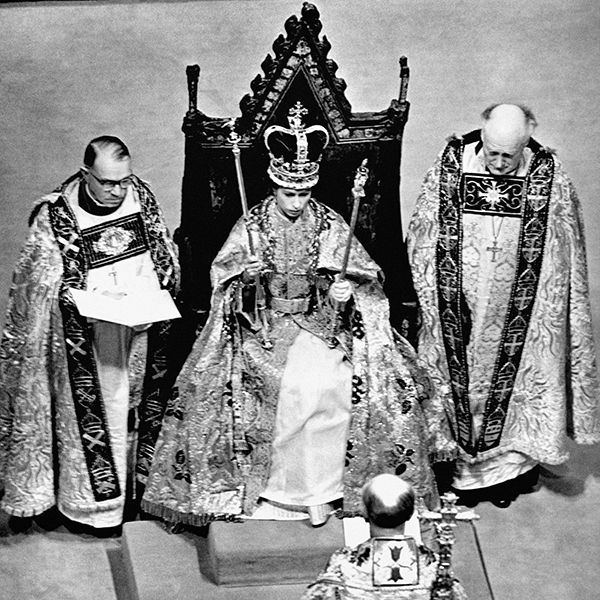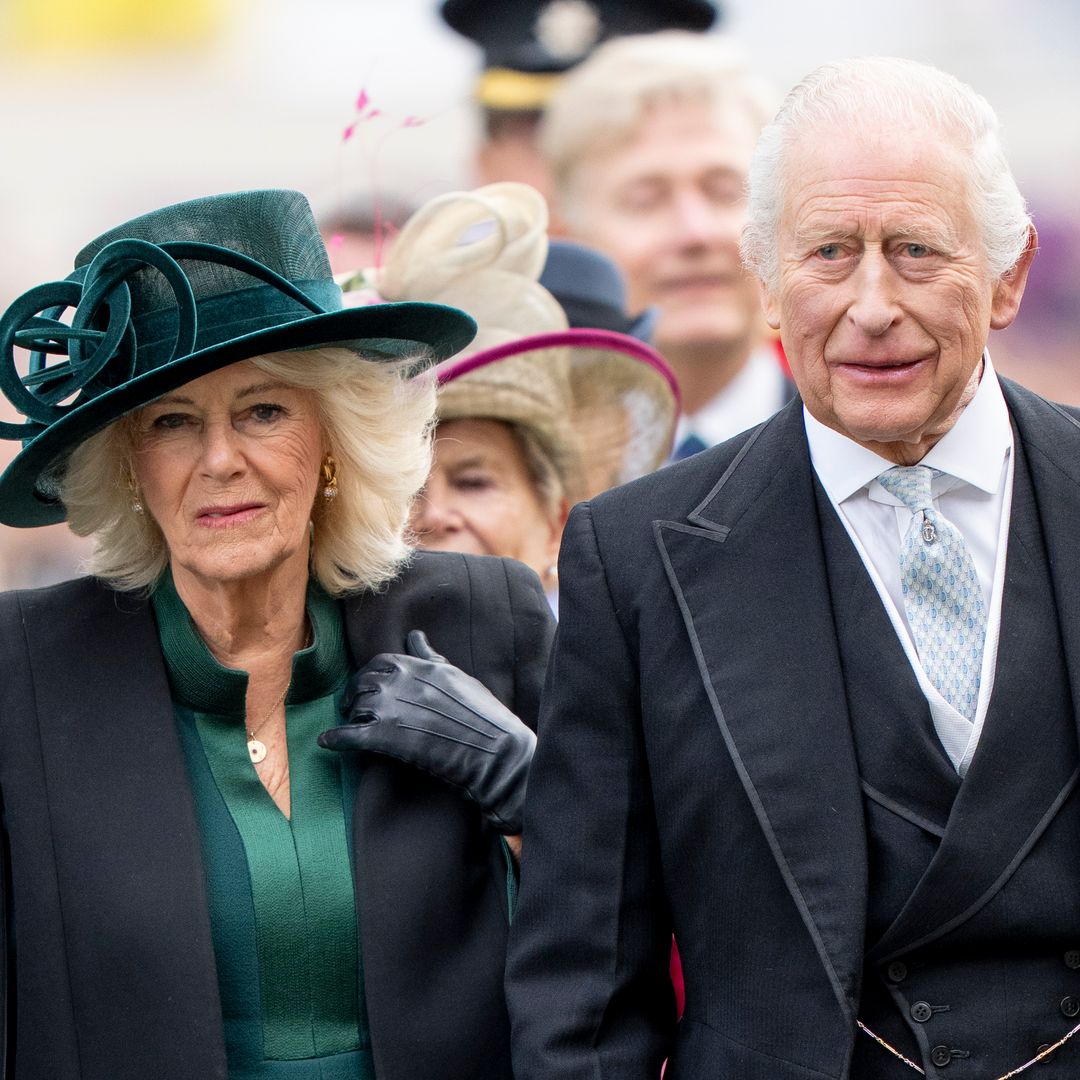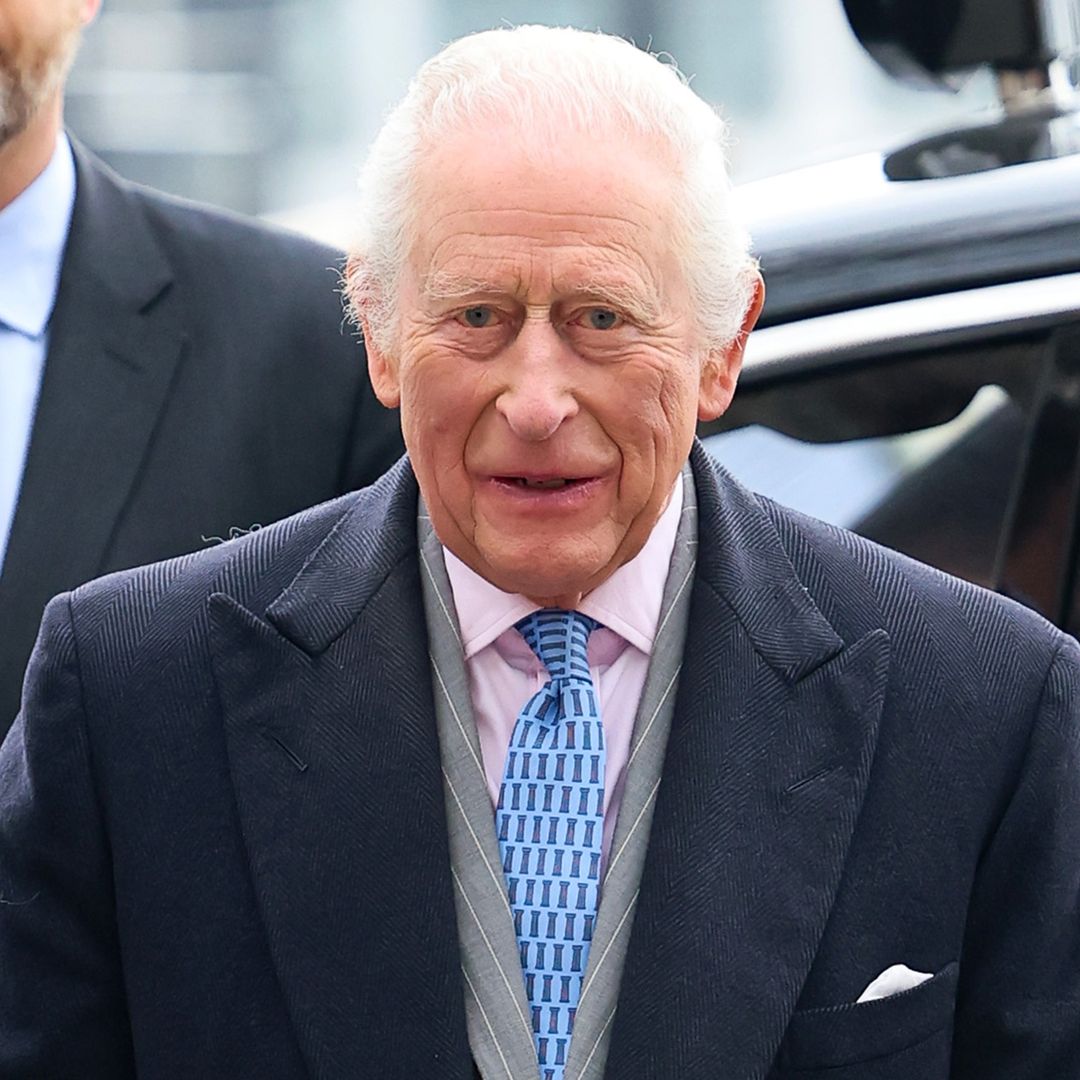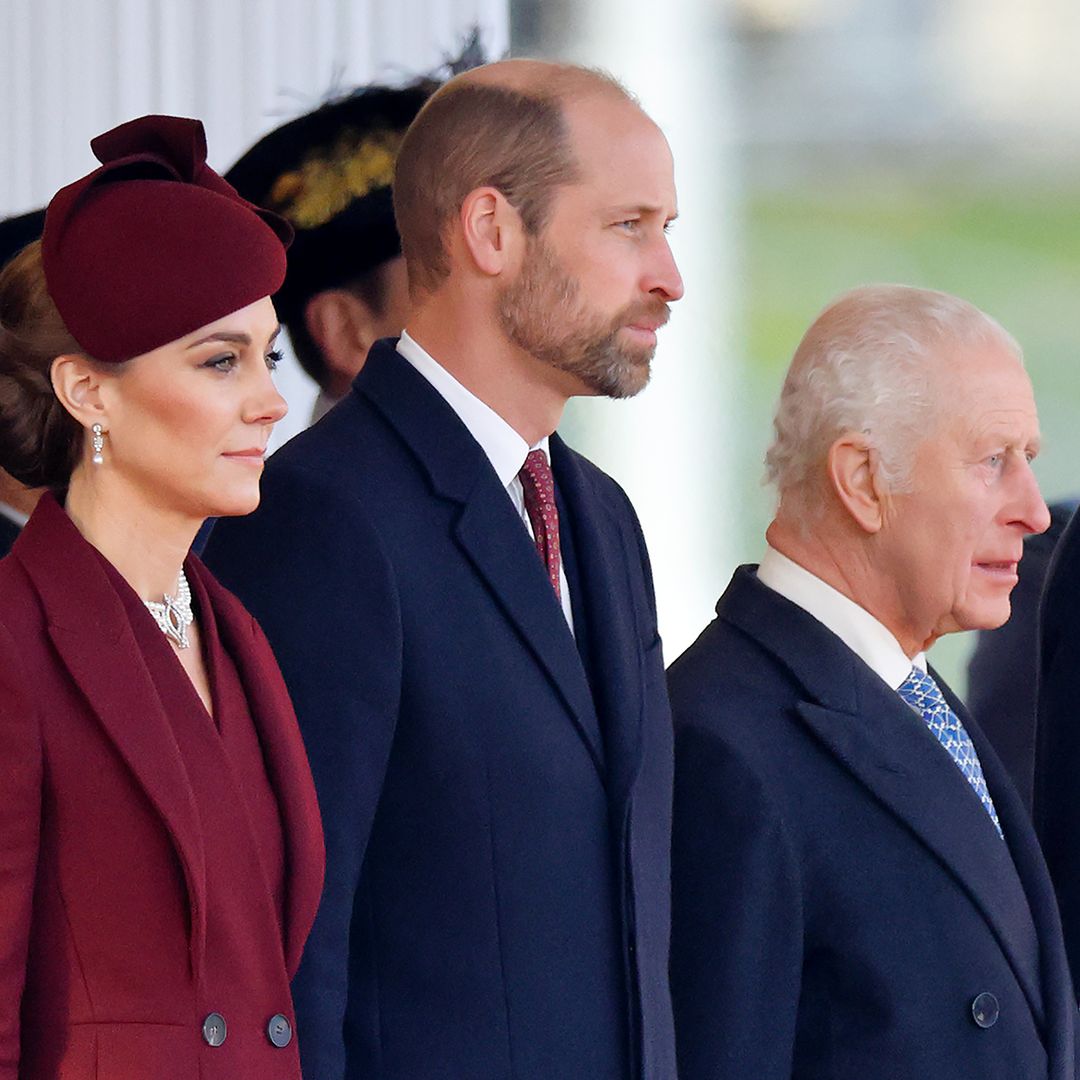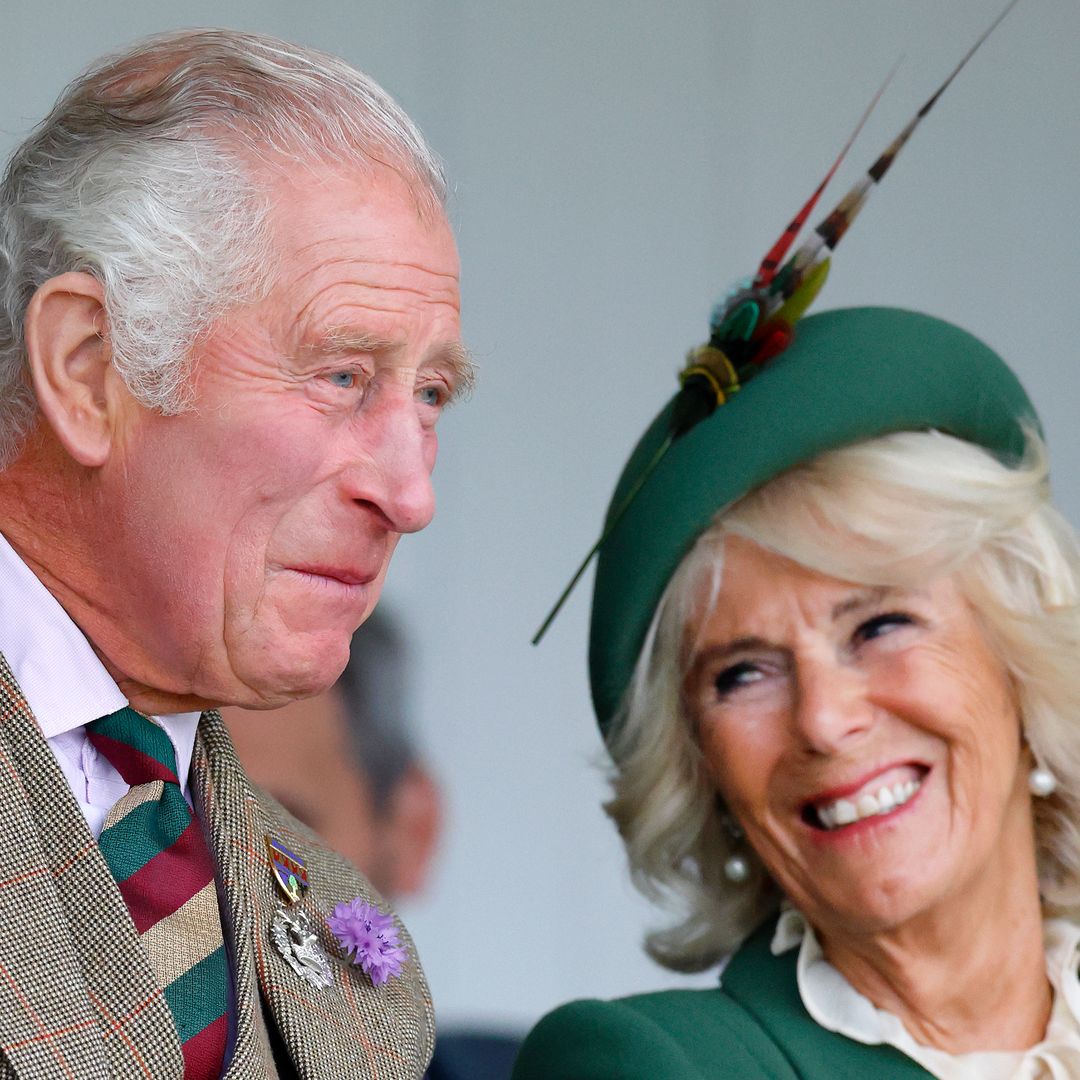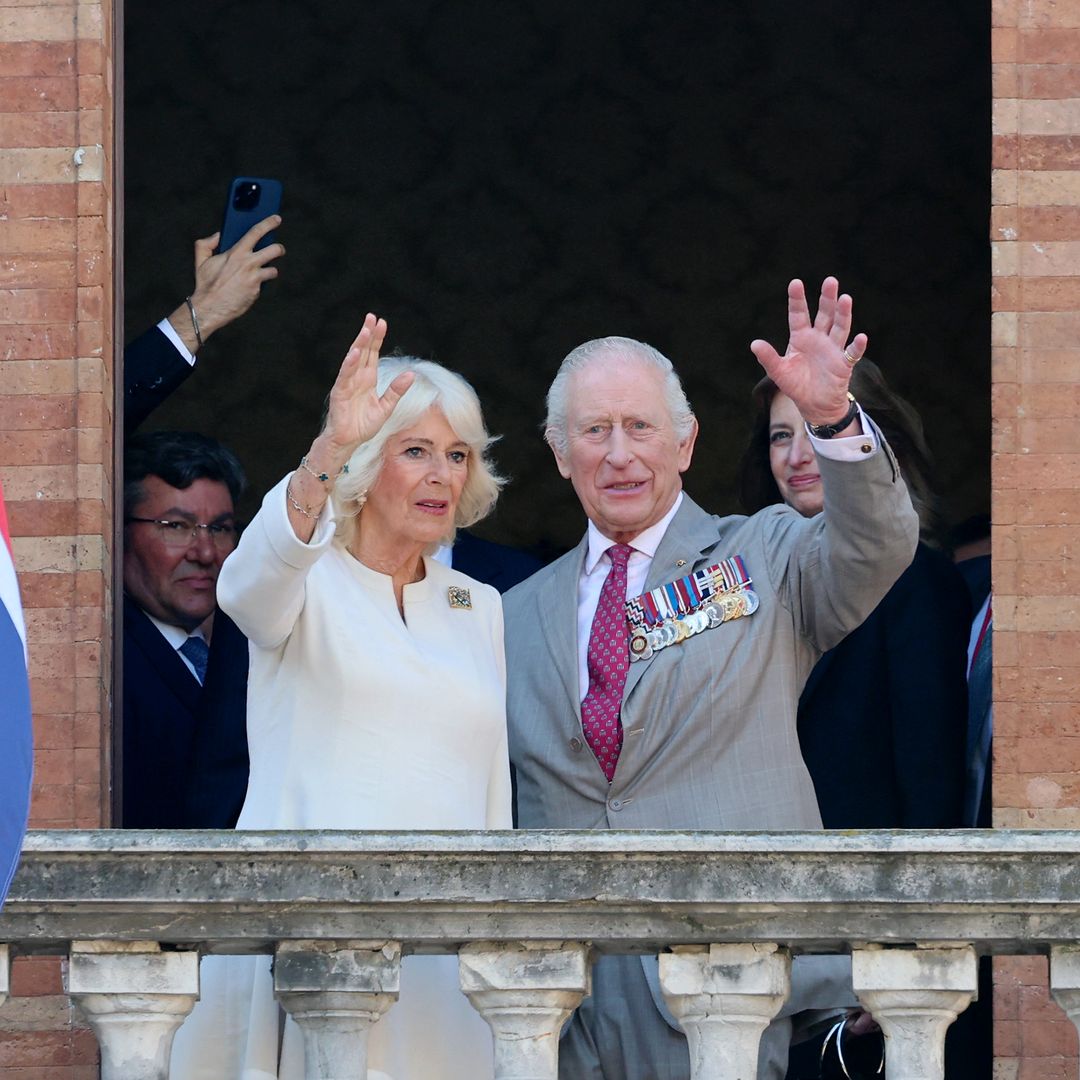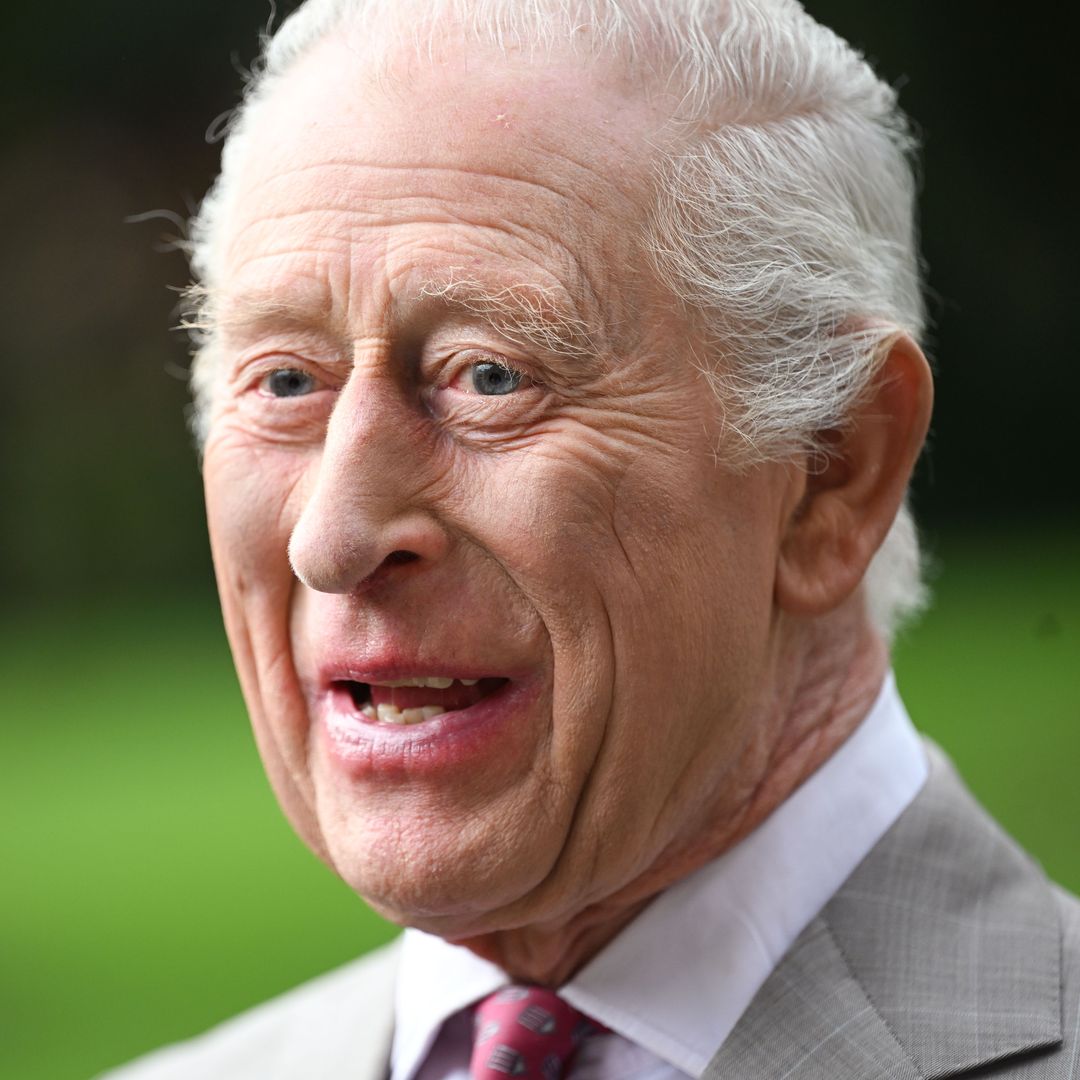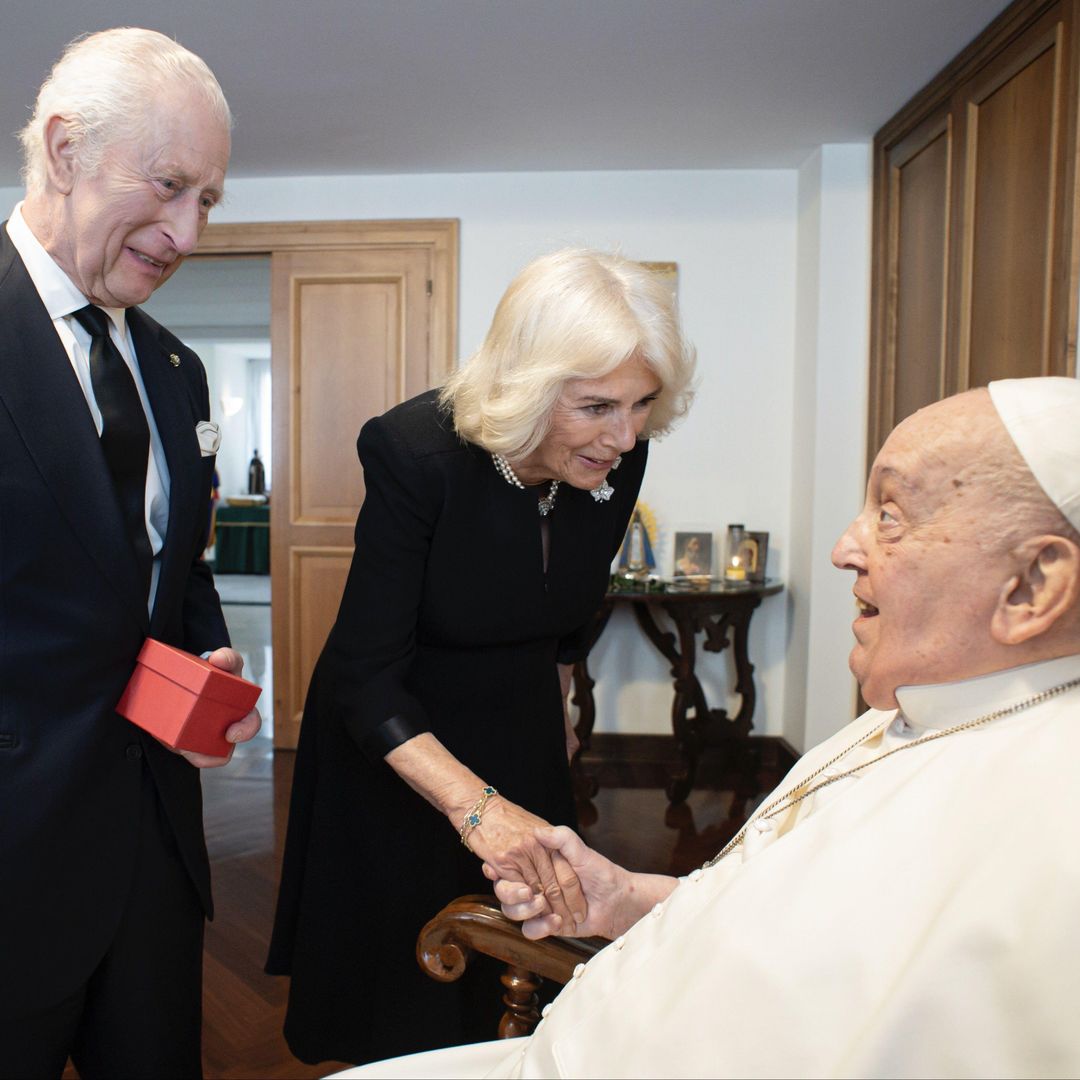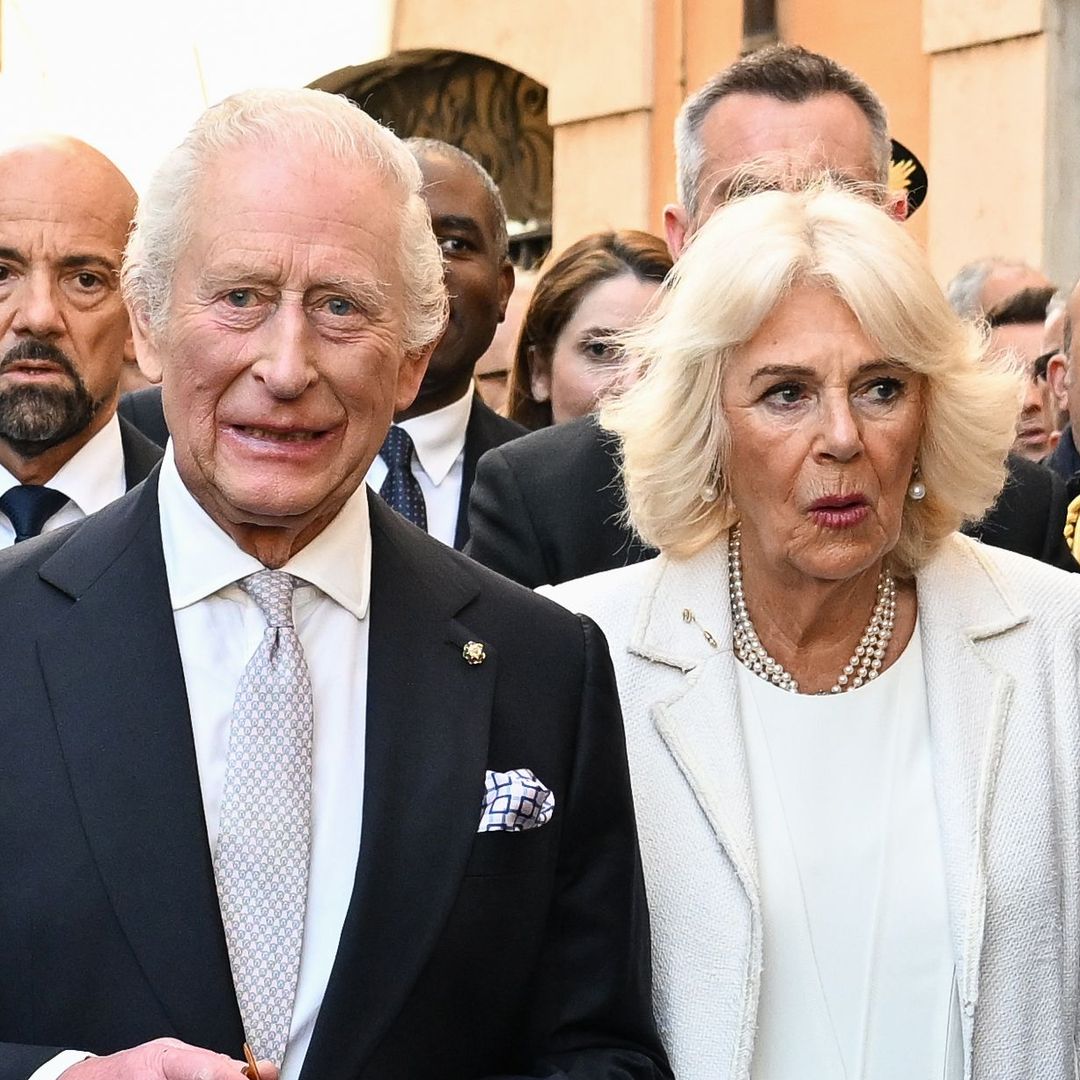King Charles' coronation is just months away, and the crown that will be used in the ceremony has been removed from the Tower of London ahead of the historic event.
BEST PHOTOS: King Charles' bittersweet Christmas makeover at royal homes
The crown has been moved for modification work to begin on it ahead of the ceremony and news of its removal was kept secret until it had safely arrived at its destination. The current crown was first worn by King Charles II back in 1661, after the medieval version had been melted down back in 1649.
WATCH: Royal staff lay the table ahead of King Charles' first State Banquet as monarch
The usage of the crown itself is believed to date back the 11th century with the last Anglo-Saxon King of England, Edward the Confessor.
DISCOVER: Royal fans share delight after royal family make 'refreshing' change you may have missed
READ: King Charles' strict security rule at royal homes he doesn't need to follow
In a statement, Buckingham Palace said: "St Edward's Crown, the historic centrepiece of the Crown Jewels, has been removed from the Tower of London to allow for modification work to begin ahead of the Coronation on Saturday May 6 2023."
The coronation service is expected to be a paired-down version, and will last for only one hour as opposed to three.
The news of the crown's removal comes shortly after the King made an incredibly generous gesture, as he made a "substantial personal donation" to food banks across the nation.
The Queen wore the crown at her coronation in 1953
The £1million starting fund - which includes Charles' donation - will be used to purchase fridges and freezers enabling food banks and community banks to store more food.
The white goods will be distributed to local charities, food banks and social pantries identified by the Felix Project in London and across the UK by The Trussell Trust, FareShare and British Asian Trust.
READ: King Charles borrowed £20m to save Dumfries house - but he'll never live there
MORE: Queen Elizabeth II's favourite estate extends Christmas invitation to public
The new fridges and freezers will enable these groups to store more food, which can be drawn on later down the line when donations start to dip.
Felix Project chief executive Charlotte Hill said: "At Christmas we see a huge increase in surplus donations, yet unfortunately in previous years we have had to turn down tens of thousands of kilos of food. We knew freezing the food would be a good solution."


